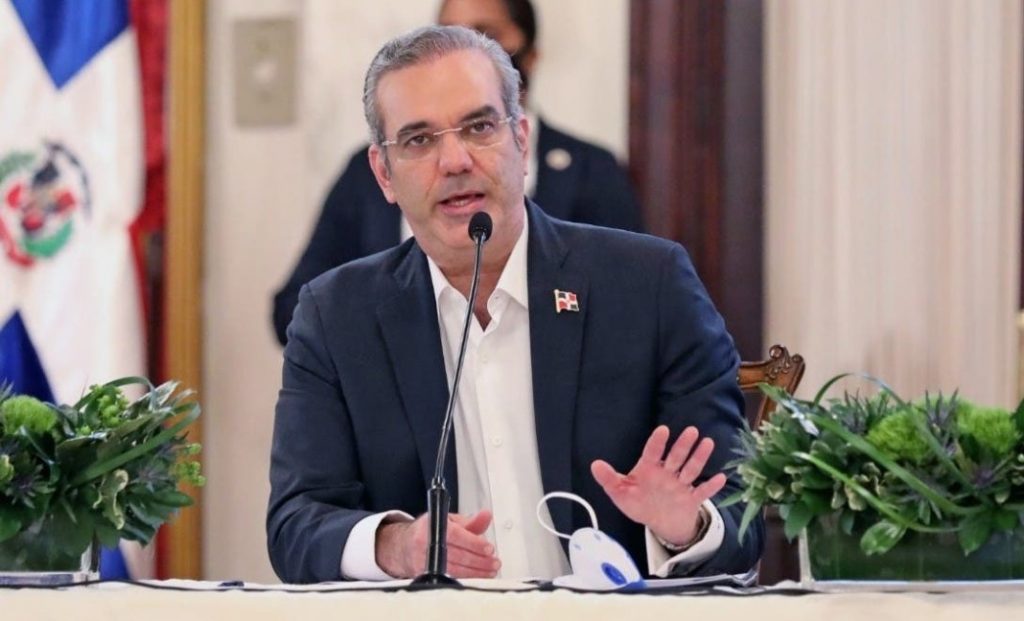
President Luis Abinader announced late last week that all the nation’s schools would be opened to students in September. He made the announcement after receiving a report from Minister of Education Roberto Fulcar, who stated that preparations for the re-opening are far enough advanced. The remote classes will be discontinued.
Education Minister Roberto Fulcar noted that the around 700,000 electronic devices distributed to public school students and teachers would continue to be put to good use. Fulcar had been a major promoter of remote learning programs and a firm believer until recently that schools should remain closed until Covid-19 positivity rates dropped below 5%.
In the Dominican Republic a widespread vaccination program is advanced. There are Covid-19 vaccines available for every, including Pfizer vaccines for those 12+.
Meanwhile, Henrietta H. Fore, executive director of Unicef, urges the return to classes. She says the reopening of school cannot wait more.
Fore stated: “It’s been 18 months since the Covid-19 outbreak started and education for millions of children is still disrupted. As of today, primary and secondary schools are shuttered in 19 countries, affecting over 156 million students.
“This should not go on. Schools should be the last to close and the first to reopen.
“In their efforts to limit transmission, governments have too often shut down schools and kept them closed for prolonged periods, even when the epidemiological situation didn’t warrant it. These actions were frequently taken as a first recourse rather than a last measure. In many cases, schools were closed while bars and restaurants remained open.
“The losses that children and young people will incur from not being in school may never be recouped. From learning loss, mental distress, exposure to violence and abuse, to missed school-based meals and vaccinations or reduced development of social skills, the consequences for children will be felt in their academic achievement and societal engagement as well as physical and mental health. The most affected are often children in low-resource settings who do not have access to remote learning tools, and the youngest children who are at key developmental stages.
“The losses for parents and caretakers are equally heavy. Keeping children at home is forcing parents around the world to leave their jobs, especially in countries with no or limited family leave policies. That’s why reopening schools for in-person learning cannot wait.”
Read more:
Diario Libre
12 July 2021

